With overlapping tasks, the jobs of an electrician, a plumber, and an HVAC technician can sometimes get overwhelming. You might be contemplating “Which one is a better option?”, keeping in mind the salaries, job satisfaction, growth possibilities, and aspects that pertain to work-life balance.
By adding certifications and gaining the right work experience, an HVAC technician has exponential career opportunities. However, making a well-educated decision requires you to understand licensing matters, duties, earning potential, and the stress involved in each of these jobs.
We also have our final recommendation about which career would help you grow, with the existing skill sets that you already have.
It is more than a decision about the salary!
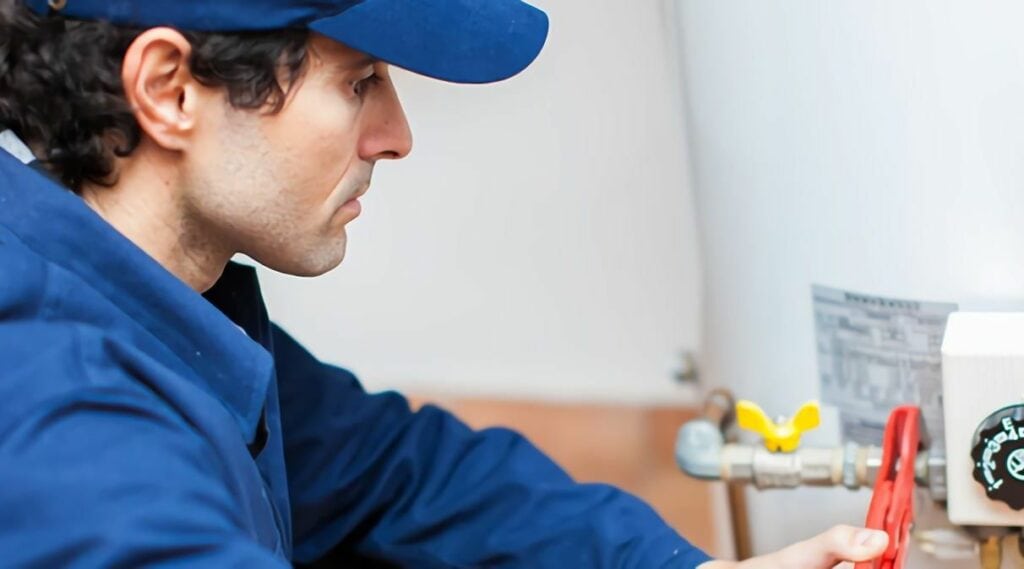
Preparation and Licensing
All three professions that we’re discussing require you to have a high school diploma and relevant on-field experience through an apprenticeship. The subjects required for the respective exam preparation is very different though. Details differ a great deal when it is a matter of gaining expertise.
Areas of Study
Electricians will have to focus on subjects pertaining to electrical concepts and practices that include –
- Electrical concepts
- Residential and commercial wiring
- Reading blueprints
- Connecting circuits
- Installing fuse boxes
Plumbers need to study subjects like:
- Water, air, and steam concepts
- Plumbing codes
- Installing and testing plumbing
- Drain and waste systems
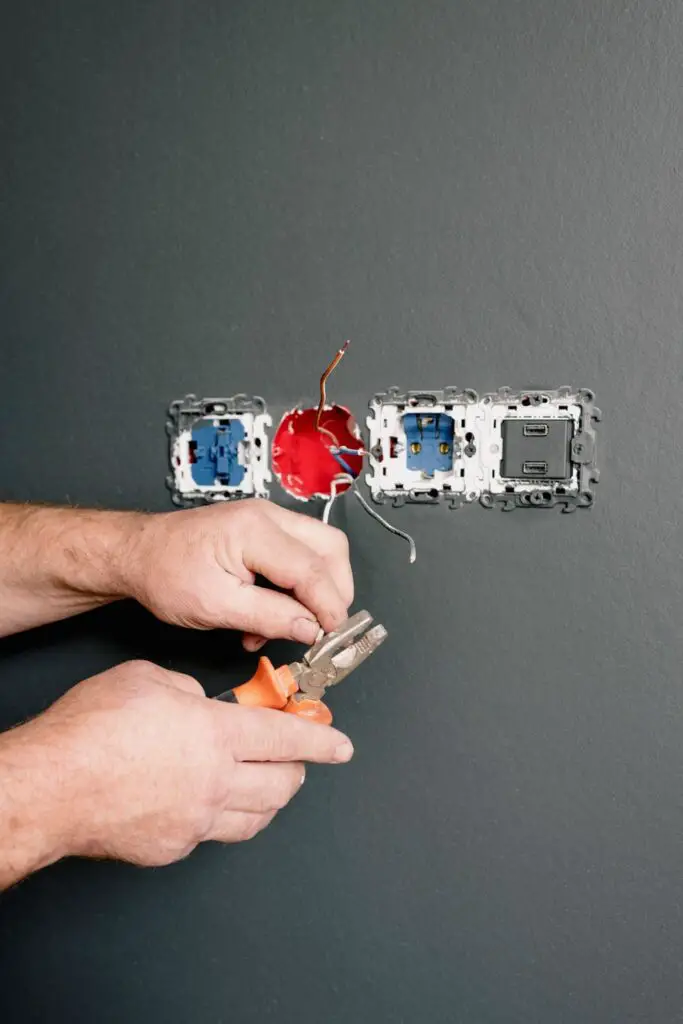
There could be a slight overlap between the subjects studied by electricians and plumbers and HVAC technicians:
- Electrical concepts
- Air conditioning
- Heating
- Duct systems
- Reading blueprints
- Soldering, welding, and sheet metal fabrication
Length of Coursework & Apprenticeship
Certificates for all three professions can be obtained in less than a year. However, HVAC coursework in lengthier than the ones of an electrician or plumber. This is because it requires you to understand and apply the basics of electrical and plumbing work.
Electricians and plumbers often need to complete an apprenticeship of almost 5 years, while HVAC technicians have a relatively short term of apprenticeship. The duration for HVAC technicians varies based on the state you live in. Some states waive the need to be an apprentice to earn a license.
It can be difficult at times to find apprenticeship opportunities in the plumbing field. On the other hand, there are many promising and paid apprenticeship options for electricians and HVAC technicians. It’s not always simple in any of the fields; it can depend on your location as well as the connections you already have in the industry.
Certification and Licensing
All three trades can require licensing, which is most often at the state level. HVAC technicians are also required to pass a mandatory exam to earn the EPA certificate which allows them to purchase and work with refrigerants.
Of the three, it seems that electricians are the most-regulated in terms of the number of states requiring licensing. In some areas, HVAC technicians are allowed to do certain electrical work related to connecting equipment, but in other places they need to have an electrician do it or get an electrical license as well.
Classical trade terms are still used. The levels normally are apprentice, journeyman and master. This is applicable to all three trades. Some states use all three levels; many only use the first two. The “master” level then becomes equivalent to being a contractor.

On-job Training, Classroom and Continuous Education Hours
While plumbers and electricians need to acquire 4 to 5 years of classroom and on job training, HVAC technicians might need to complete a minimum of 18 months classroom training concurrent with 2-5 years on the job training. Again, it can vary widely by state.
There are also continuing education hours required in many places in order to renew your license.
Overlapping Duties
There is something exciting about overlapping duties in the course of earning a license. If you have spent arduous years as an apprentice in the electrical or plumbing field and would like to change course, then with some small tweaks to your experience you can easily switch to the HVAC industry.
An electrician’s major tasks involve installing new electrical systems or repairing and maintaining electrical systems. Those who work in construction companies are responsible for reading blueprints and installing wiring, circuits, and circuit breakers for new homes.
The majority of a plumber’s work for is around installing pipes, maintaining and repairing them. Experienced plumbers also involve in designing pipe installations for construction projects, homeowners, and utility companies. They also install and repair fixtures like sinks, water heaters, toilets, bathtubs, and showers.
Unlike electricians, HVAC technicians do not thrive on specialization. There are electrical aspects and there are plumbing aspects. And then there’s everything particular to environmental control. Some HVAC techs may concentrate on installation or maintenance and repair services, however.
For any of the trades, it’s also good to pick up a few business schools along the way. This can help you move up in your current job, perhaps to a sales or management position. And it will definitely help you become a contractor yourself! Owning your own business is the dream of many people who go into the trades.
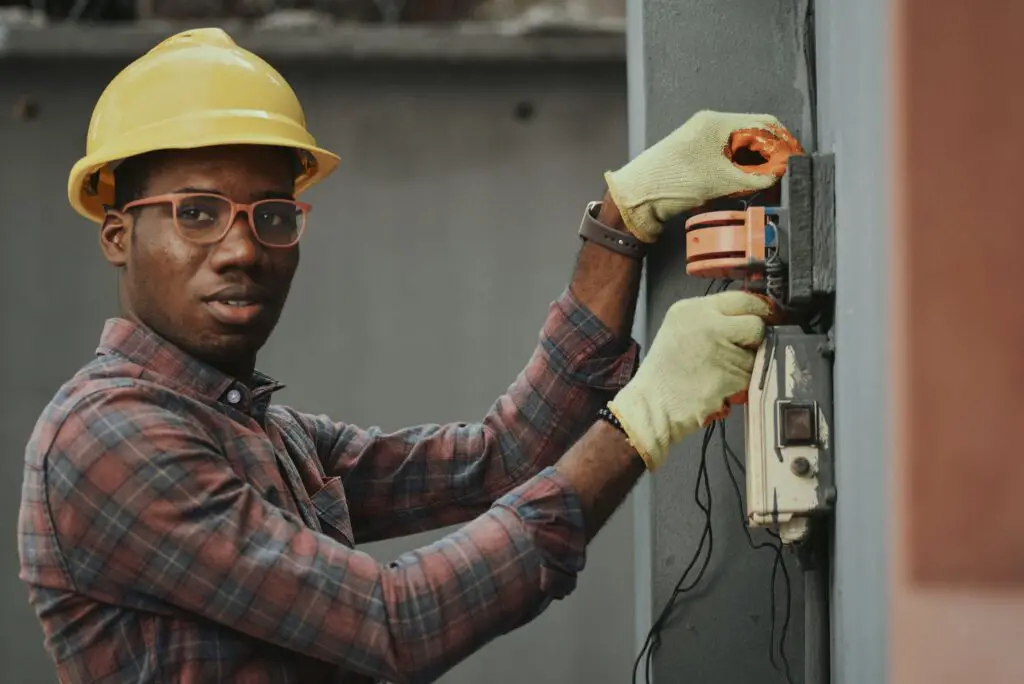
The Stress and the Mess
Let’s take a little glance at what each of these three professions presents in terms of a work environment.
Plumber’s Work
If you are of the enterprising type, then you would most likely choose to be a plumber. It offers a lot more independent options.
As a plumber you would spend more time in the basement than other trades, and less time in the attic. You would see very little daylight as you would be working in cellars (both residential and industrial) where small animals have died. You could get calls to restaurants – and see things that might make you never want to eat out again. There’s a potential for a lot of “messiness”.
“As a plumber, you may end up stinking.” if you’ve heard this said, be assured it can be true. You may end up working in the sewage, drenched in grey water. However, this is not always true.
The work gets better with experience. A bit of seniority lets you pick and choose more the type of job you do. You could easily end up working on the installation of pipes in brand-new buildings.

Electrician’s Work
Only 10% of the electrician workforce own businesses and work independently. Good electricians are in short supply in the job market. The scope of the job is wider and so there’s more need for qualified workers.
As a new electrician, you will be digging and drilling a lot of holes. This job demands you to be neat, tidy, and organized with your work. An electrician’s life will lead you to the attic more than the basement. So sometimes the days can get hot!
You will be working with circuits, clamps, and wiring. Any of these jobs requires care and appropriate caution, but electricians have to be especially careful working with dangerous voltages.
Sometimes, you may have to work on live circuit systems with the power on, which is very challenging. You need to constantly adhere to the applicable Electrical Code to make sure buildings are operating safely and efficiently. The requirements for how to do things are a little stricter than in plumbing, where you might have a bit of leeway for doing things “your way”, as long as it works.
Like any of these trades, it’s an on-call job. An electrician’s day may go long into the evenings and weekends. However, an electrician working in the construction industry could be more standard with a Monday-Friday schedule. They usually focus on designing and installing electrical systems.

HVAC Technician’s Work
Many from the workforce with plumbing and electrical experience are looking forward to shifting gears to the HVAC industry because of its predictability. The industry is seeing newer technologies by the day and hence there is more to explore, learn and enjoy.
Many HVAC technicians own their business, while others work for HVAC contractors. They visit homes to repair and maintain HVAC systems. Others might be employed to always maintain the system for one building or set of buildings. This might be the case with hospitals or even a chain of stores.
If you support maintenance, you will see seasonal work – Spring and Fall may not be as heavy as the heights of Summer and Winter. It is mostly an on-call job and can get sweaty. As a technician, there is little predictability about what you’ll have to be doing and when.
As a contractor with employees, maybe you can take weekends off, but it is all about managing your own business and hence may have to pull up your socks until your business is fairly established with a sound team.
Since you are required to have knowledge of both plumbing and electrical stuff, you will work in a combination of circumstances, especially in the industrial field. You will be working behind the curtains fixing ducts, broken circuits and also with gases, liquids and in different temperatures. You could be in attics, basements, crawlspaces – even on the roof!
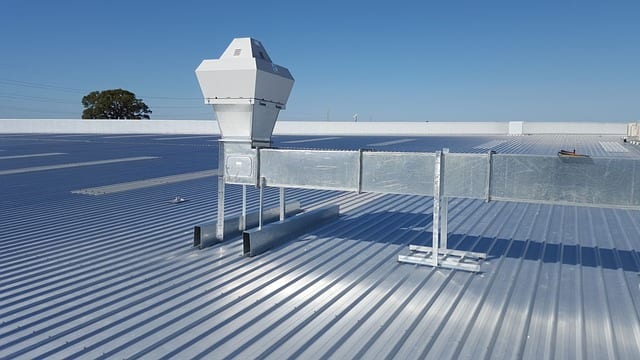
Earnings Potential and Job Growth
Over the next 10 years the job market for all three options looks exciting.There’s a 14% expected growth rate in opportunities for electricians and HVAC technicians. Plumbing is only slightly behind at 11.5%. Let’s look at some of the economic and opportunity factors you should also know about.
Average Yearly Pay
An electrician’s pay comes out the highest, touching close to $51,000 a year as a national median. A plumber could make around $50,000 and an HVAC technician’s salary is at about $45,000. Remember these are national medians – all three can vary widely based on your location and of course the type of job you have. Though these numbers constantly change, the lack of competition has kept electricians in high demand so they end up with higher salaries.
Career Potential in the Job market
It is a clear that electricians are required in United States of America in larger numbers than plumbers and HVAC technicians. There are around 600,000 electricians employed in the USA with a 14% increase in employment expected from 2014 to 2024.
The need for plumbers is growing at a lower rate than electricians or HVAC techs.
There are fewer HVAC technicians than there are either plumbers or electricians, with almost 250,000 registered in the country. But growth is strong and rivals the pace of the electrical industry.
Job Satisfaction
Plumbers seem to lose interest in their jobs earlier than the other trades we’ve been talking about. They also seem most disappointed about their earnings weighed against the work and effort they put in.
Electricians have better job satisfaction.HVAC technicians are the most satisfied with their jobs, even though they earn less on average.
You may want to note here that the median hourly rate in all three professions has a negligible difference. This explains the reason for higher job satisfaction among HVAC technicians.
These numbers are only indicative and are subject to change with the changes in the respective job markets and other environmental dynamics.
Our Verdict
You might expect to hear a biased verdict from us because we specialize in training HVAC technicians. But we do want to present the positives of these trades. And of course, we’re all needed!
Choosing to be an electrician comes with an imperative to specialize. That means you need to pick one piece of the profession to grow fast. While this profession keeps your hands neat, you are subject to physical danger dealing with live current. The path to gain certification is long and arduous in this case. There’s a lot to know and a lot of risk to yourself immediately and to the home or business you work on.
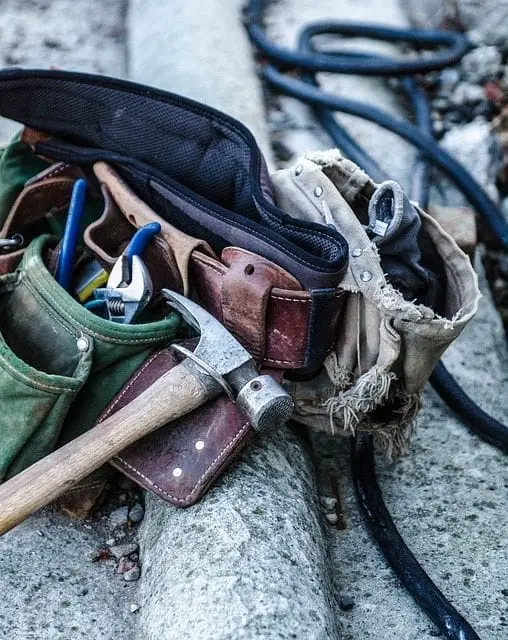
Being a plumber might get dirty. While all three jobs do require on-call professionals, this might be more necessary in plumbing. Toilets overflow far more often than there are electrical or HVAC problems. Pipes break. While this flexibility is appreciated by those with an entrepreneurial mindset, it can also be tough and exhausting.
For those choosing HVAC, you still have a lot of learning required and the potential for calls at odd hours. And of course, by nature those calls are going to come when the weather’s worse. But the path to getting a license is much shorter in comparison to the other two. Some states may not require you to earn a license, even (although you’ll most likely still need the EPA certification). But this means some good experience can get you started in this industry.
Also, due to the overlapping nature of duties, with your knowledge as an electrician or plumber, you can jump into an HVAC job and explore opportunities while you still hold onto the charm of earning money from the existing profession. Though the median income of an HVAC technician is lower in comparison to an electrician or a plumber, as a contractor you can hit the maximum limit of earnings, enjoying the advantages of the industry at the same time.
Conclusion
The bottom line is that in each of these professions, there is something that the market is looking for. Your mindset, expectations and skillsets together should be used to make a career choice among these three.
Building codes everywhere are becoming more stringent, driving the demand for qualified and committed tradespeople in all these areas. Technology changes and there are great advances but these trades remain essential to our safe and comfortable lifestyles. Plumbers, electricians and HVAC techs all can look forward to the availability of job opportunities and the chance to share their skills with a grateful world!
